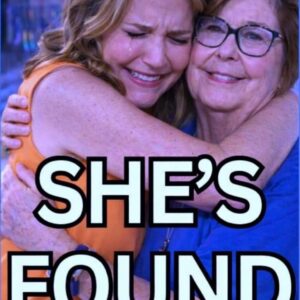When Michael Carter walked into his own diner disguised as an ordinary customer, he expected to find a few slow shifts or minor complaints. Instead, he stepped into a morning rush that felt strangely unfamiliar. The place where he once built a warm, bustling community now felt colder, sharper, and almost disconnected. Carter’s Diner had been his pride—a place where he worked beside his mother, learned every job from dishwashing to flipping omelets, and built a business that grew into seven thriving locations. But as he sat unnoticed at the counter, watching staff ignore customers and hurry through the motions, he felt something deep in his gut tell him he’d made the right decision to come undercover.
Michael had been losing sleep over confusing numbers—great reviews, yet declining profits and rising staff turnover. Managers blamed competition and rising costs, but nothing added up, especially when every other location was doing fine. So Michael decided to see for himself. In worn jeans and an old flannel shirt, he blended into the crowd and quietly observed the people who now represented his business. That was when he noticed an elderly dishwasher named Henry—moving slowly but working with care, greeting customers with a kindness that stood out in the otherwise tense atmosphere. And yet, instead of respect, Henry seemed to attract eye rolls and whispers from younger staff.
As Michael continued watching, he witnessed a moment that stopped him cold. A young mother struggled to pay her bill, panic rising in her eyes. Before anyone else reacted, Henry stepped forward and quietly covered her meal from his own pocket. The two cashiers, Megan and Troy, didn’t thank him—they mocked him. They laughed about his age, joked about his old car, and suggested he “should’ve retired before he became everyone’s charity hero.” Their comments revealed something Michael never expected: not only was his diner losing its culture, but behind the scenes, employees were manipulating transactions and planning to blame Henry for cash shortages he hadn’t caused.
That moment pushed Michael to act. The next day, he returned with proof—security footage, receipts, and witness statements. When the cashiers tried to accuse Henry of theft, Michael removed his disguise and revealed the truth. The room fell silent. With police handling the misconduct, Michael turned to Henry and made an announcement that brought the entire diner to applause. He cleared Henry’s debts, gave him a new home, and promoted him to Floor Manager, trusting him to restore the spirit Carter’s Diner was built on. In the months that followed, business soared again—not because of new recipes or promotions, but because one owner remembered that the heart of a diner isn’t in the menu. It’s in its people.


